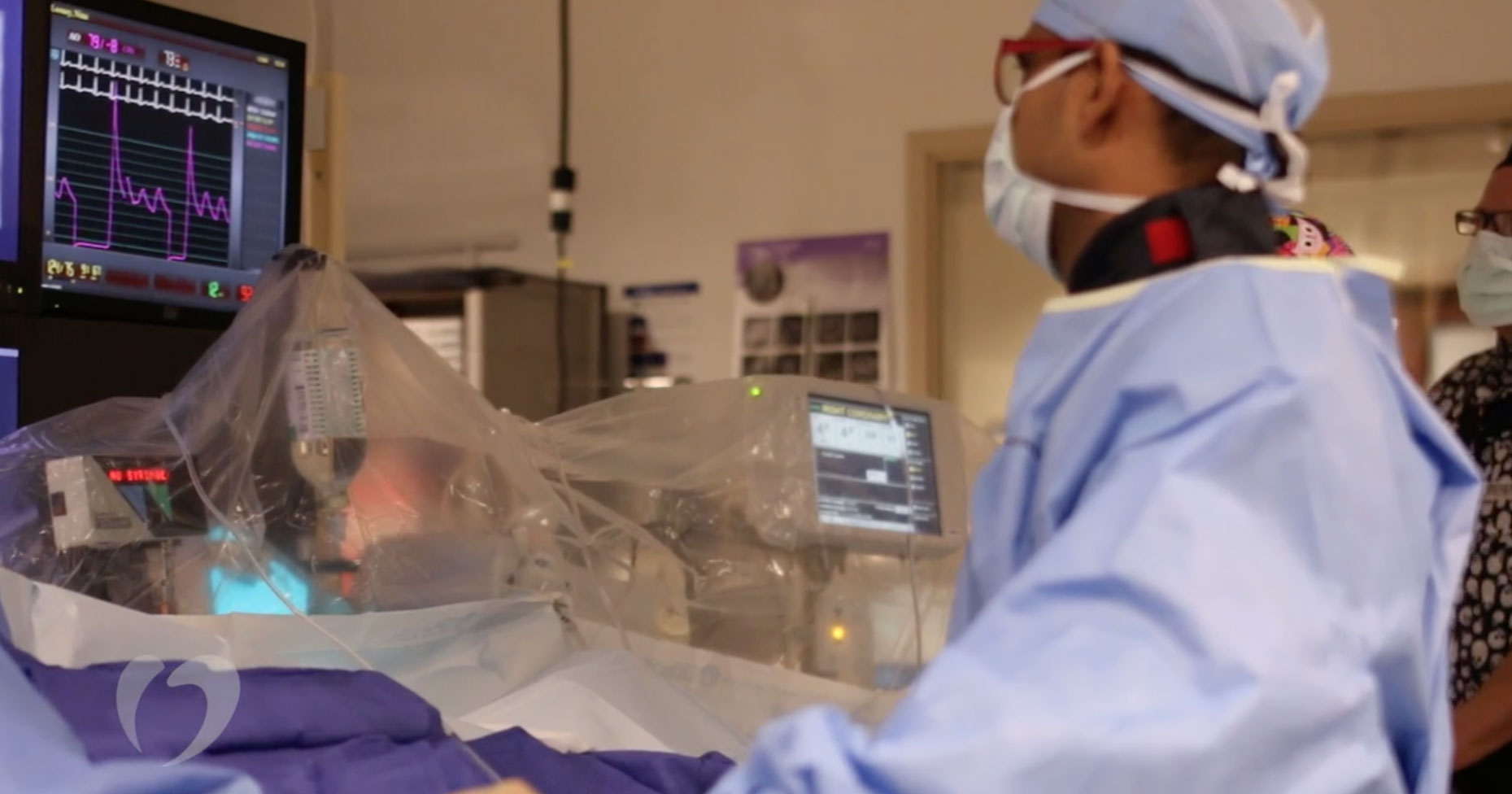What To Expect From a Heart Valve Replacement

If you’ve been diagnosed with a problem in one of your heart valves, it may sound scary at first, but there are several treatment options available to repair or replace the valve. The experienced physicians at Oklahoma Heart Hospital can treat a wide range of heart valve issues, including heart valve replacement.
Diagnosing the problem
A heart valve replacement typically occurs because of one of two problems:
- Regurgitation (valve leakage) occurs when a valve doesn’t close completely and thus allows blood to flow backward and makes the heart work harder.
- Stenosis where a stiff or narrowed valve forces the heart to work harder to move blood through the body.
Sometimes a heart can have both of these problems or multiple problems in different valves. When the heart has one or more of these problems, it’s a serious precursor to heart failure. Lifestyle changes can sometimes take care of minor heart valve issues and valve repair is an option for many patients as well, but more serious heart valve issues may require a full replacement.
The valve replacement procedure
Traditionally, full open-heart surgery has been the only way to take care of a seriously faulty valve. With newer advances, though, full open-heart surgery is the last resort. The transcatheter aortic valve replacement (TAVR) is a minimally invasive procedure that inserts a new valve inside the damaged old one, which lessens the overall surgery time and the recovery time. Robotic surgery is another option that allows for smaller, minimally invasive incisions.
Open heart surgery may still be necessary for some patients, but less invasive methods will be used whenever possible. In this scenario, the chest may be completely opened or only partially opened to allow the surgeon to remove the old, damaged valve and replace it with a new one.
Recovering from valve replacement
Whichever procedure is involved, recovery time for a valve replacement is usually four to eight weeks. With minimally invasive options like TAVR, recovery time may be shorter. At first, you may experience low energy levels, but as time passes you’ll get more and more energy back to do your daily tasks. As with any procedure, it’s important to see your doctor for regular checkups following the valve replacement.
It’s also important to follow any special dietary or lifestyle recommendations made by your physician, as diet and lifestyle changes can have a significant impact on your future heart health.
Heart valve replacements sound scary, but with a great team of physicians and state-of-the-art facilities like the ones at Oklahoma Heart Hospital, you can trust that you’ll be taken care of. Contact us today to learn more or schedule an appointment with one of our physicians.
